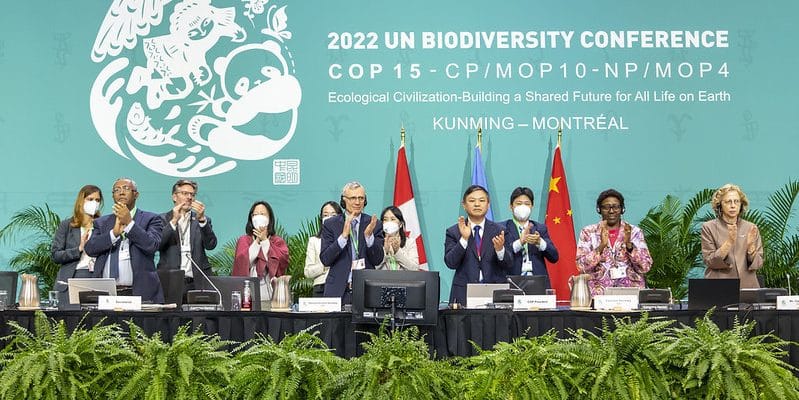Colombia, a South American country that is home to 10% of the world's flora and fauna, is hosting the 16th United Nations Conference of the Parties on Biological Diversity (COP16). The meeting will be held from 21 October to 1 November 2024 and will focus on the protection of nature on five continents. The melting of the Kilimanjaro ice cap and the financing of forest protection in the Congo Basin are the two issues that Africa is expected to put on the table.
Following the withdrawal of Turkey, which was recently hit by an earthquake, Colombia’s bid has been accepted to host the 16th United Nations Conference of the Parties on Biological Diversity (COP16). The event, scheduled to take place from 21 October to 1 November 2024, will bring together a host of political, economic and environmental players. On the agenda for these 12 days of workshops and negotiations on natural resources: the evaluation of the Kunming-Montreal agreement.
The text adopted in December 2022 at COP15 in Canada aims to protect 30% of the planet by 2030 and to release 30 billion dollars in annual funding for biodiversity conservation in developing countries. These targets are still a long way from being met in some countries, not least because of global warming. The melting of glaciers, which is accelerating almost everywhere in the world, is one of the consequences.
According to the United Nations Educational, Scientific and Cultural Organisation (UNESCO), 17 of the 50 World Heritage sites could disappear by 2050. These include the glaciers of the Western Tien-Shan (Kazakhstan, Kyrgyzstan, Uzbekistan) and Mount Kilimanjaro (5,895 metres high) in Tanzania. And this is of course of concern to the authorities in East Africa, since this phenomenon is likely to reduce freshwater reserves, leading to spectacular flooding and a reduction in biodiversity in the region, as confirmed by a study of the World Wildlife Fund (WWF).
Read also- Treaty on the High Seas: Congo, Ghana and 73 other countries sign the text at the UN
The other issue that the continent’s leaders should put on the table for discussion in Colombia is the Congo Basin. While international speeches in recent years have reaffirmed the ecological potential of this second green lung of the planet (after the Amazon), funding has been slow to follow. Environment ministers from Central Africa are therefore expected at COP16 by environmentalists to call for the establishment of a financial mechanism that includes donors and industrial multinationals. This will make it possible to effectively combat the massive deforestation that is accelerating in 39% of the tropical forests of the Congo Basin as a result of mining and oil exploitation.
For more information on the event, click here.
Benoit-Ivan Wansi







